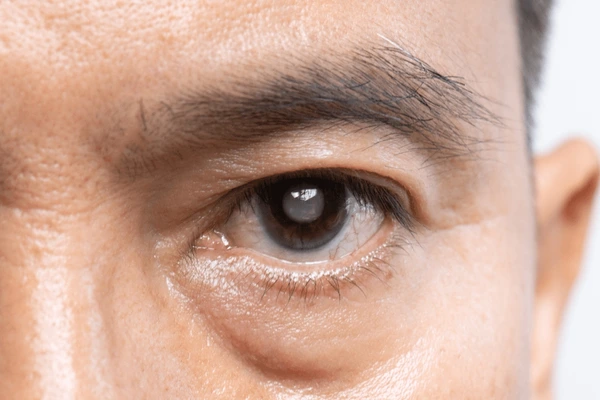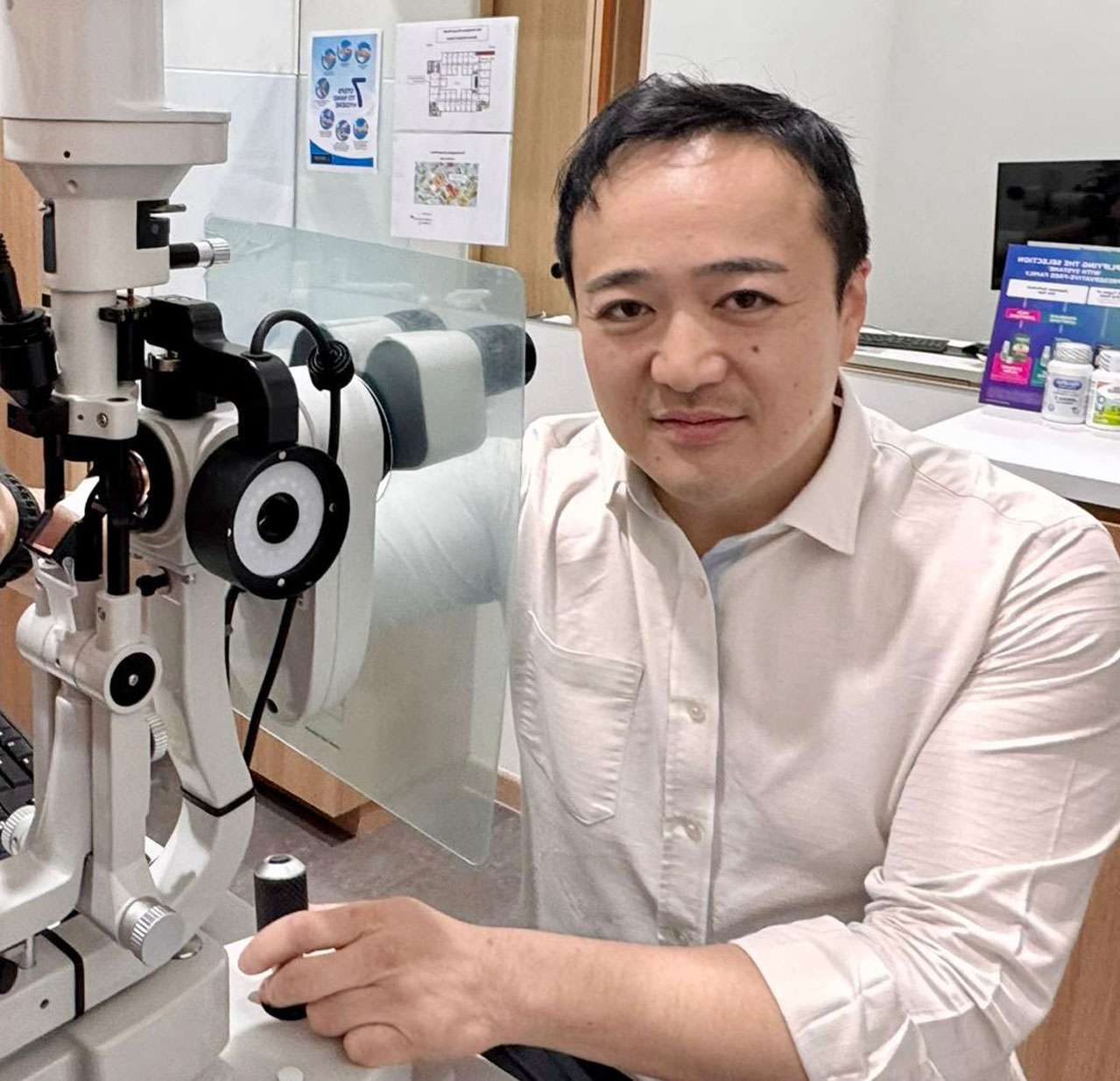Understanding Cataracts: When Your Vision Becomes Clouded
Cataracts are a common part of the ageing process, but that doesn’t mean they should be ignored. Over time, the clear lens of the eye can become cloudy, making everyday tasks like reading, driving, or recognising faces more difficult. For many adults, cataracts develop so gradually that changes in vision may go unnoticed, until it starts affecting quality of life.
At London Eye & Retina, we focus on helping patients understand their options at every stage of cataract development and offer personalised care tailored to their needs.
What Are Cataracts?
A cataract is the clouding of the eye’s natural lens, which sits just behind the iris. This lens helps focus light onto the retina, allowing us to see clearly. As proteins in the lens break down or clump together, they cause vision to appear blurry, hazy, or dull, much like looking through a frosted window.
Most cataracts are age-related and occur in both eyes, although they may not progress at the same rate.
What Causes Cataracts?
While age is the most common cause, several factors may contribute to earlier development of cataracts:
- Long-term exposure to sunlight (UV rays)
- Smoking
- Diabetes
- Eye injury or past eye surgery
- Use of certain medications such as steroids
- Family history of cataracts
Cataracts may also be present from birth (congenital cataracts) or develop after trauma or inflammation of the eye.
Common Signs and Symptoms
Because cataracts typically progress slowly, symptoms may not be obvious at first. Over time, you may notice:
- Blurry or cloudy vision
- Glare or halos around lights, especially at night
- Colours appearing faded or yellowish
- Difficulty seeing in low light
- Frequent changes in your glasses prescription
- Double vision in one eye
These changes can affect daily activities and safety, especially when driving or reading.
How Are Cataracts Diagnosed?
A thorough eye examination is the first step. At London Eye & Retina, this includes:
- Visual acuity testing to assess clarity of sight
- Slit-lamp examination to evaluate the front of the eye under magnification
- Retinal examination to check the health of the back of the eye
- Tonometry to measure eye pressure
These assessments help determine the presence, type, and severity of cataracts, and whether they are contributing to symptoms.
When Is Cataract Surgery Recommended?
Cataracts do not always need immediate treatment. In early stages, adjusting your glasses or improving lighting may help.
Surgery is usually recommended when:
- Vision loss begins to affect your daily activities
- Night driving becomes unsafe
- You have difficulty reading, working, or recognising faces
- Your eye doctor identifies a significant decrease in vision due to lens opacity
Cataract surgery involves removing the clouded lens and replacing it with a clear artificial intraocular lens (IOL). It is typically performed as a day procedure.
What to Expect at London Eye & Retina
Cataract management at our clinic begins with a detailed consultation. We take time to understand your vision needs and preferences, and guide you through treatment options that suit your lifestyle. Dr James Ng, Consultant Ophthalmic Surgeon, will discuss what to expect before, during, and after surgery, including how to prepare, possible risks, and the post-operative recovery process.
Your care plan is tailored to you, with a focus on comfort, understanding, and long-term eye health.
Don't Let Cataracts Cloud Your Life
Cataracts can cause gradual changes in your vision that are easy to overlook, until daily activities become more difficult. If you’ve noticed glare, blurring, or trouble seeing at night, it may be time to get your eyes checked.
Book a consultation at London Eye & Retina to find out if cataracts are affecting your vision, and learn what you can do about it.
Thoughtful Cataract Care, Right Here in Singapore


